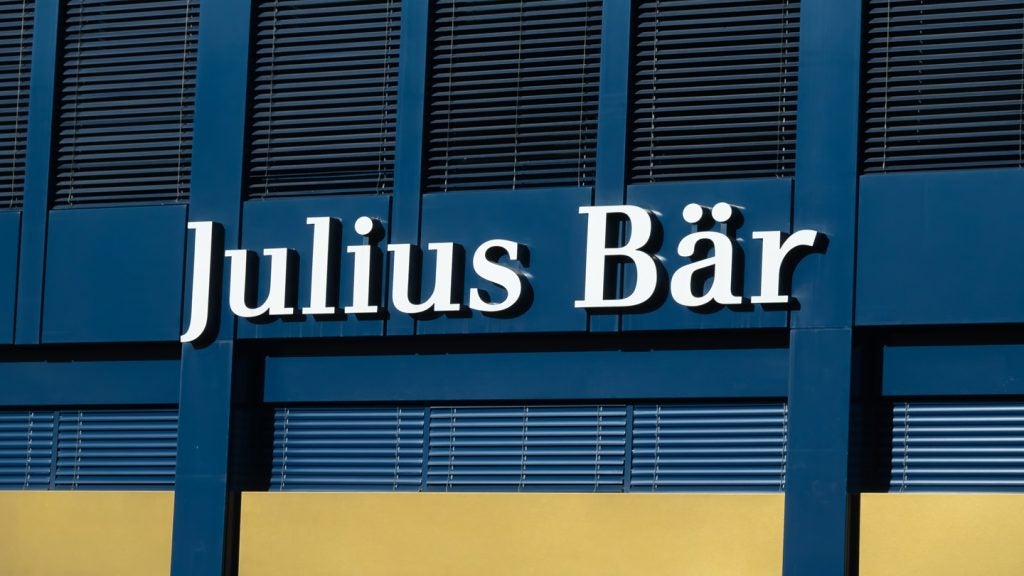Marco Lichtfous, partner at Deloitte Luxembourg, and Said Qaceme, director at Deloitte Luxembourg, turn the spotlight on the Islamic Finance market, analyse current trends and discuss the regions in which Islamic Finance is gaining most traction
The current trends in the worldwide wealth management and private banking industry include tax transparency and the related "onshorisation", increasing regulatory pressures, rise of new markets and client types, and the management of technology legacy costs.
Despite asset growth, the profitability of most private banks is still far below the levels before the financial crisis. Decreasing return on assets is the consequence of changing client behaviors, new value propositions, regulatory restrictions, increasing competition and in some specific countries — the end of offshore banking.
Regulatory complexity, technological change coupled with the increasing attention on cost control and rising demand for tailored advice are top of the agenda for the industry, with the overall view to improving the value proposition offered to clients.
How well do you really know your competitors?
Access the most comprehensive Company Profiles on the market, powered by GlobalData. Save hours of research. Gain competitive edge.

Thank you!
Your download email will arrive shortly
Not ready to buy yet? Download a free sample
We are confident about the unique quality of our Company Profiles. However, we want you to make the most beneficial decision for your business, so we offer a free sample that you can download by submitting the below form
By GlobalDataIn this global banking context, a niche market, Islamic finance, has experienced double-digit growth up until recent years. However, some obstacles to this industry’s further growth include the lack of standardisation of Shari’ah compliant regulations and Shari’ah scholars’ rulings.
The current regulatory frameworks are designed for conventional finance and usually do not take into account the characteristics of Islamic finance. For example the potentially less favourable regulatory and tax treatments of Shari’ah compliant instruments and contracts, versus identical conventional financial products or contracts. Other challenges include the generally limited range of liquidity management solutions for Islamic banks.
The total assets in Islamic finance amount to $1.8tr in 20141, which represents roughly 1% of global finance. Of these total assets, Islamic banking represented $1.35tr with leading countries including Iran, Malaysia and Saudi Arabia. Although a survey2 shows that Islamic asset and wealth management would be the top driver for a bank’s growth in the next three years, to date asset and wealth management services have been lagging behind. Indeed, 97%3 of the total Islamic banking assets are held in commercial banks and the rest are held in investment banks, specialised banks or wholesale banks.
The number of millionaires4 in the UAE is estimated to increase by 62% in the next five years, from 59,000 in 2015 to 96,000 in 2020. In Saudi Arabia, the number of millionaires should increase by 72% from 50,000 in 2015 to 86,000 in 2020. Although these HNWIs may not all invest in a Shari’ah compliant way, the trend is significant.
With current economic conditions such as falling oil prices in the MENA region – Middle Eastern HNWIs and banking institutions have started to diversify their investments in Europe, which may currently be considered as a "safe haven" and can offer good opportunities in Islamic wealth management for the Shari’ah sensitive HNWI.
Middle Eastern banks and HNWI are seeking alternative investment opportunities to vary their sources of income. They may want to diversify their business strategy and expand their presence and services to clients in Europe or attract the large community of Muslim affluents in Europe through Shari’ah-compliant or ethical/socially responsible investment (SRI) services.
On the one hand, London is recognised as the "major" financial market in the European Union. In the UK, five Islamic banks offer Shari’ah compliant services including wealth management services. Interestingly, in mid-February 2016, the Bank of England became the first major Western central bank to envisage Shari’ah-compliant deposit facilities. A consultation has been launched to collect views from Islamic banks and assess the feasibility of establishing Shari’ah compliant deposit facilities5 as only limited liquid market instruments are available to Islamic banks compared with conventional financial institutions.
On the other hand, Luxembourg is an ideal gateway to serve continental Europe and is increasingly recognised as an additional Islamic banking hub, alongside large financial centers such as the UK and Switzerland, which have traditionally been the destinations of choice for Middle Eastern (U)HNWI. Switzerland is the number one destination for European offshore wealth and, at the same time, remains attractive for offshore private banking activities for investors from the Middle East, Africa and Latin America. However, although it has close economic relationships with the EU, Switzerland is not part of the union hence the limited passporting opportunities, i.e. no ability to open branches in other EU countries to serve clients locally.
Luxembourg is currently the third largest domicile for Islamic investment funds6 and various initiatives in the fields of product innovation and client protection are helping strengthen the market. For instance, over the past year, two local Shari’ah-compliant fund management companies have embraced the notion of compliance with a wider set of ethical or ESG targets. As one of the few remaining countries within the Eurozone to be ranked AAA, it is highly likely that Luxembourg will continue to appeal to Middle Eastern HNWI.

1: ICD – Thomson Reuters Islamic Development Report 2015
2: Middle East Global Advisors – Islamic Finance Outlook report 2016
3: ICD – Thomson Reuters Islamic Development Report 2015
4: Credit Suisse Research – Global Wealth Report 2015
5: Reuters, February 16, 2016
6: Thomson Reuters, Global Islamic Asset Management Outlook 2015







